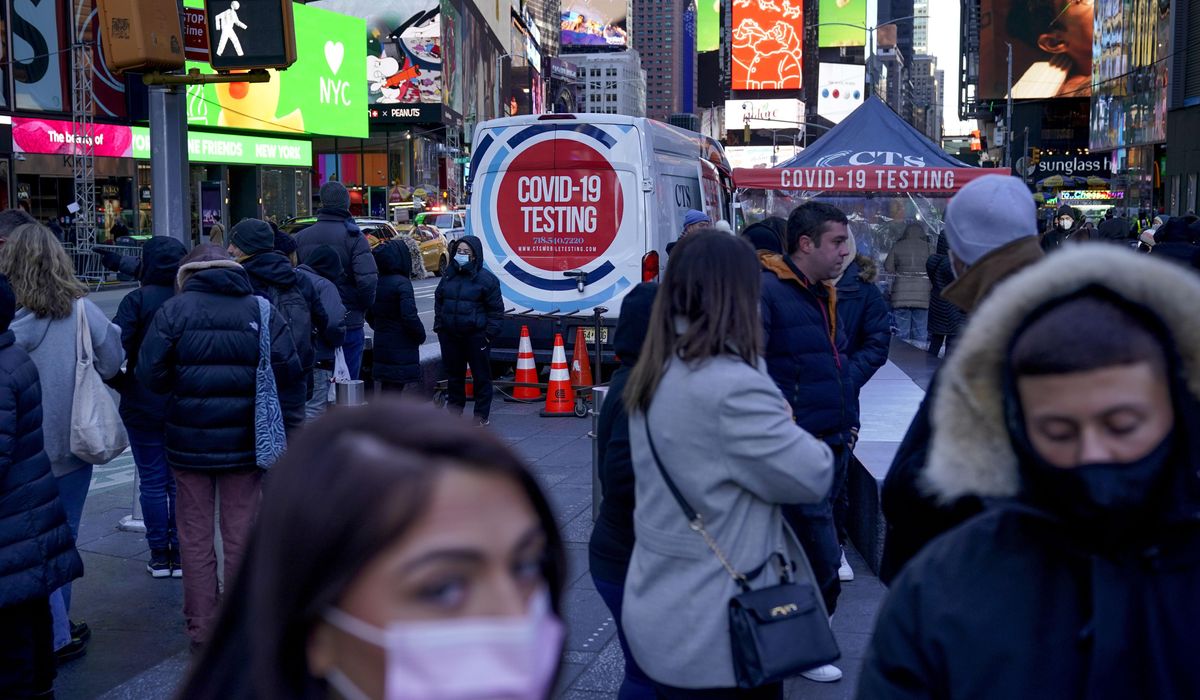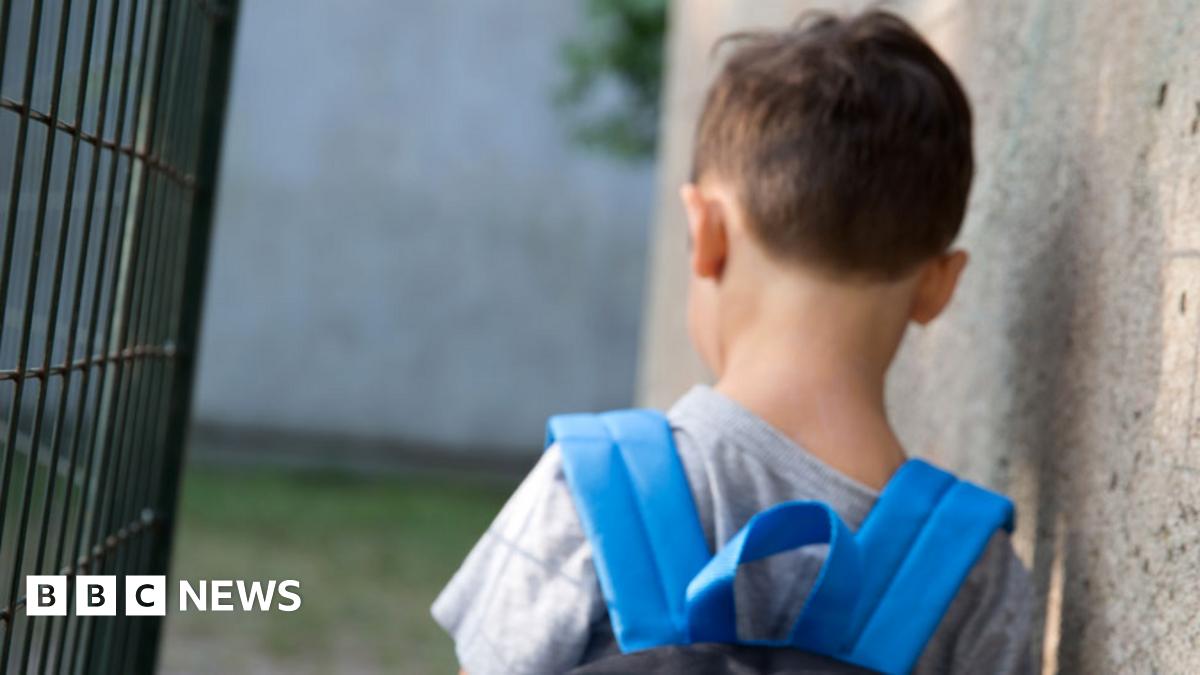As you say, "how convenient"! Unfortunately, in that response the mask of science slips, and you show that it's not the science that matters but the conclusion.
I have problems with the JHU study because the method they followed is fundamentally unreliable. It's not about which bit I agree or disagree with, but the basic premise of a meta-analysis that screens out the vast majority of studies to focus on a small number that happen to align to the views of the authors. That's what I said in my previous post, and which should be obvious to anyone - hell, if
@MikeWM, whose views are poles apart from mine, can agree with me that the study is problematic, anyone can.
I first came across it when I saw a piece from the Telegraph about it. That alone made me suspicious, in the way that it compared the outcome of lockdown to Ferguson's March 2020 worst case scenario of 500k dead over 5 years if no measures were taken (no timeframe quoted), rather than the 200k over 5 years if restrictions were introduced. If you're doing comparative data, you must assess like against like - publicising a report in that way suggests bad faith about how the comparisons would be made.
More generally, research on the NPIs used against Covid is hellishly difficult. They happened in real time, there were few if any controls to compare individual measures against, and multiple measures were applied. Untangling that cats cradle is always going to be difficult. It's been part of the argument against research that asserts the value of masks, and the same issue appears here. That much research, and even more how it's been publicised, is also highly partisan makes it more difficult - where masks are concerned, both the Danmask study ("proving" masks are not useful) and the Bangladesh study ("proving" that they are) suffer from being both limited in themselves, and then being presented in highly partisan ways that the research itself doesn't support.
That challenge gets harder when we consider how Covid has evolved, becoming more transmissible, first more and then less serious in itself, and all the time (taking Britain as an example) while we have gone from being totally immune naive to highly vaccinated and with a significant reservoir of disease induced immune response. In the face of that, I wouldn't know how to pull together a study that could unpick that lot, or what forms of statistical analysis might allow me to distinguish the impact of those different factors. But, as a layman, it doesn't faze me that a policy of reducing human contact would be effective at reducing the spread and toll of a disease that spreads as we breathe, or that the impact of such reduced contact would vary over the course of the pandemic.
All of which takes me to the conclusion that government policies in March 2020, and again at the end of 2020/beginning of 2021, could be effective, but that the same policies now (as in particularly strong form in the Netherlands) would due to the increased transmissibility of Omicron be ineffective.
All of the above is without beginning to consider the wider impact of anti-Covid policies in other areas, and the trade-offs that they bring in - entirely valid and important considerations, but ones which IMHO should be kept distinct from the basic "did it work" questions.



